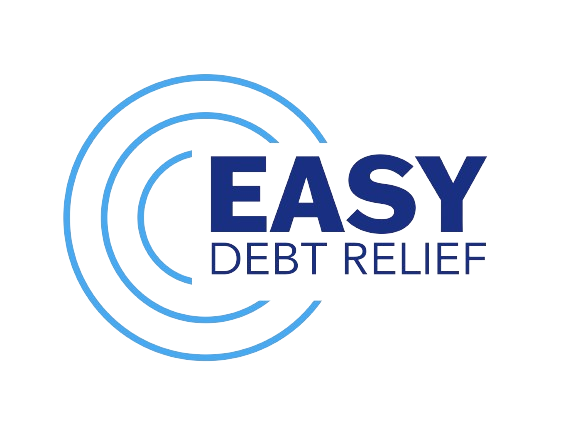Frequently Asked Questions
Please give us a call at +1 800-575-6818, if you don’t see the answer you are looking for. We have some of the most frequently asked questions about debt relief below.
Debt resolution (aka debt settlement, negotiated debt settlement, or debt negotiation) is a process where a company (like Easy Debt Relief) negotiates or settles an unsecured debt to a creditor or debt collector.
The debt resolution company has two goals when they’re negotiating with your creditors:
- to reduce the amount you owe and
- to “settle” the debt more quickly than you’d pay it off on your own.
While that may seem too good to be true, the debt resolution process is pretty standard for creditors… many often settle debt for less than the amount owed. Creditors know that clients facing hardship may never pay the debt or decide to declare bankruptcy, so it’s in the creditor’s own interest to settle the debt for less rather than getting no money at all.
Creditors hire collectors to pressure you into paying as much as they can get, and they’ll then pocket a percentage of whatever you pay your creditors. Collection calls are a natural part of debt resolution programs, and are actually a key indicator that your debt resolution program is working! Our most successful clients choose to let calls from unrecognized numbers go to voicemail. There are even free apps you can download on a smartphone to block certain calls. Thanks to federal and state laws, you have rights against collection harassment (click here for more FTC guidelines about those laws and your rights). If you accidentally end up speaking to a collector, you should let the collector know you’re working with Easy Debt Relief, so they should call us instead of you. Then, make sure to let us know about the call, including which collector is calling you and when they called you. We want to get your creditors to call us if they’re looking to receive payment, not you.
Ready To Be Debt Free With Easy Debt Relief ?
We’re here to help you along to better finances. Call us today at +1 800-575-6818.
